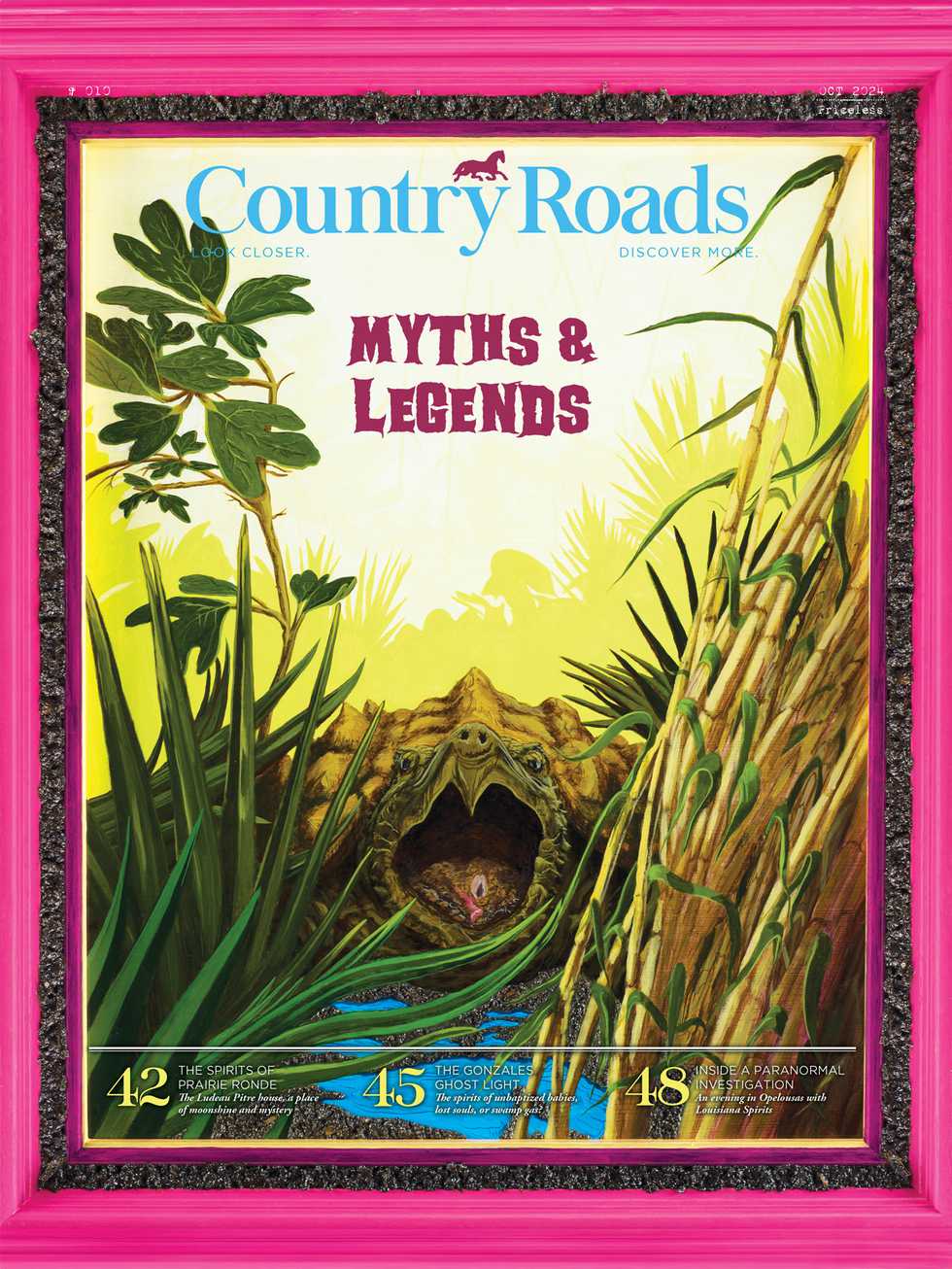
Engraving of Babylon of by H. Fletcher, 1690.
An acquaintance of mine in Switzerland sat on a train for the first time yesterday since the era she (only somewhat jokingly) refers to as “The Before Times,” that world existing only two months ago, thwarted by a lost transition between winter and spring, when we still looked back on “Roaring Twenties” New Year’s parties with not one ounce of sarcasm, lingered to select the perfect bundle of herbs from the farmer’s market, and sipped on friends’ drinks to taste their flavor and plan for our next outing’s order at the local café. As for me, I was traveling, too, driving with a friend in the passenger seat for a trip to another friend’s pool during the first weekend of Louisiana’s Phase 1 reopening, snacking on puffy Cheetos and listening to a Hardcore History podcast about the Achaemenid Persian empire (I am nothing if not a shameless mashup of high and low culture). Dan Carlin, the narrator, spun the accounts of the historian Herodotus, told tales of Spartans and Athenians, of the ancient Elamites, and of Astyages, the king of the Medes who lost his empire to Cyrus the Great, the conquerer who would go on to create the largest empire the world had yet seen, changing the course of civilization forever.
Separated by thousands of years from that time before Christianity, before the English language, and before armies had mastered even the art of horseback riding, it’s easy to feel distant from those forebears of ours, from those “Before Times” of dirt and grime and chaos and fear. It’s easy to look back on those days of conquering and cultural change as a cinema reel of lives so far removed that they seem mostly fictional, with names like Xerxes and Nineveh appearing in contemporary video games and Biblical tales of man-eating fish in the sea. But they did happen. They were real people, real places, albeit sifted through layers of history and embellished recounting of events. They remind us, said Carlin, that—through the mundane in-betweens of everyday life—world-altering events will happen. That giant earthquake is coming; it’s just a matter of when.
Staying inside for fear of a virus is different than sharpening your spear for fear of marauders, it’s true. But we do find ourselves in the aftermath of what seems to us now as one of those world-altering events that may change the way our descendants live—whether because we were forced to change jobs, leave campus, or learn how to nurture our mental health when ordered to remove ourselves from companionship for the good of humankind. It may seem like a Dark Age has passed in the span of sixty days, but I try not to worry. One day, this too will be history, and maybe an extra will play my counterpart in a movie of the future, grasping the hand of another as they leap into the deep end of a pool in near-summer. Maybe we are always still marching into a new world we have never yet seen, into ways of life that will be abolished, rebuilt, or transformed with time. But it is still our time. And that, friends, is one for the history books.

